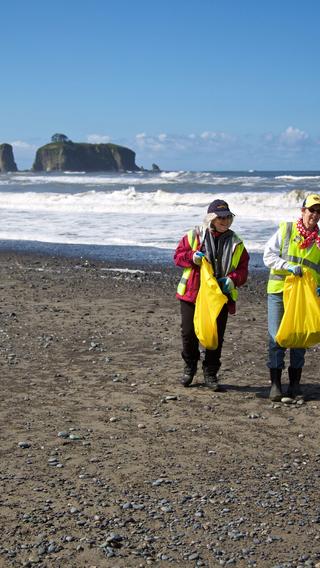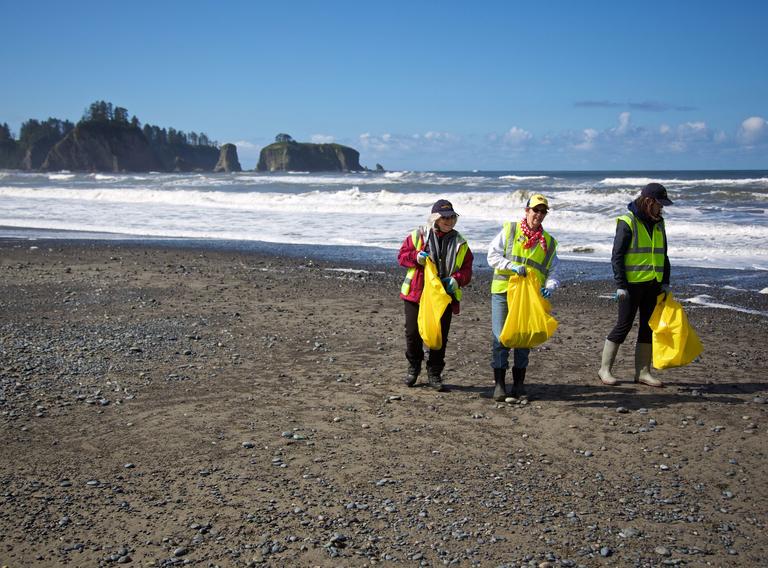As a 6-year-old boy, Joseph Pagulayan was abandoned, left to wander the streets of Manila in the Philippines alone.
His survival was dependent on finding something to eat each day “like a street dog,” he says. His world was the public market where every day he made a few pesos carrying buckets of fish from delivery trucks to fish vendors’ stalls, and he slept wherever the night found him.
There were no dreams, he remembers. There was just the need to survive.
Then one day somebody—he does not know who—took him to the Lions Streetchildrens Center. For 10 years there he had food, clothes, shelter and friends. He was educated and taught to cut hair. And until he reached the legal age of 18, he had a home.
Pagulayan is 29 now, married, has two children and works as a hairdresser. And he returns to his home at the center often to play guitar and cut hair for the young boys, who idolize him.
“I am doing this for free because I realize that life is indeed too hard to live if a child is not educated, no skills, no parents, no one to depend on for help,” he says.
Pagulayan is there because of the Lions. In 1998, Quezon City Cubao Lion Emmanuel “Manny” Cuasay and Past District Governor Heracillo Palad (now deceased) gathered the Lions together and said, “Let’s do something for the children.”
Let’s do something, they meant, to help the Philippines’ youngest—the thousands of children who roam the streets day and night with no home to go to. They are abandoned and abused; many have parents who have nothing to provide for them.
Led by Cuasay, Lions partnered with the city’s Department of Welfare and Social Development, and with the help of Lions Clubs International Foundation, opened the Lions Streetchildren Center in 2000. In 2005, with assistance from LCIF, they added the Lions Livelihood and Skills Training Center where children 12 and older are taught technical and electrical skills, cooking, carpentry and hairdressing so they have a marketable skill when they make their own way at age 18.
I am doing this for free because I realize that life is indeed too hard to live if a child is not educated, no skills, no parents, no one to depend on for help.
About 250 children live in the village that includes four houses—two for boys and two for girls ages 5 to 18, Cuasay says. Although it is staffed by the welfare department, five trustees from four Lions clubs in District 301 D2 manage the home that is dedicated to the youngest boys. Lions clubs and other organizations support them, Cuasay says, but day-to-day needs such as building repairs and problems with children fall on the trustees and especially on Cuasay, who is at the village at least once a week.
“I’m sorry that I cannot do more,” says Cuasay. “But I’m happy that we can help some because some is better than none.”
Jenelyn Cabrera, 26, also learned to be a hair stylist in the three years when the center was her home. Born to a poor family in a southern province, she stowed away on a ship for Manila where she became another streetchild wondering around the port until the day someone took her to the village.
Now she lives in a boarding house close to work but travels far to support her father and siblings, who live in a shanty. Her father earns $10 a day as a carpenter.
“I’m sorry there are more sad stories than there are good stories to tell,” says Cuasay. “But things are a little better because Lions are here. For 17 years we have done our best, taking small steps to make the lives of marginalized children a little better. We cannot close our doors to the children.”


